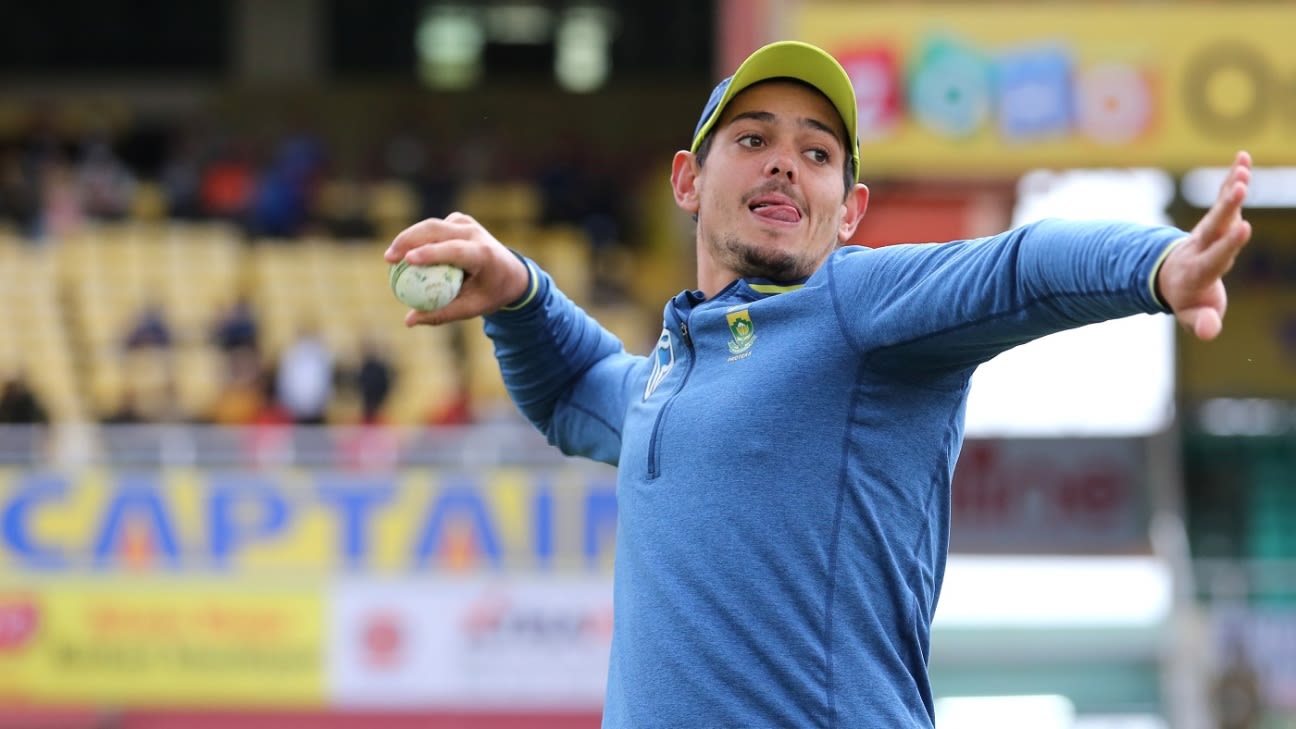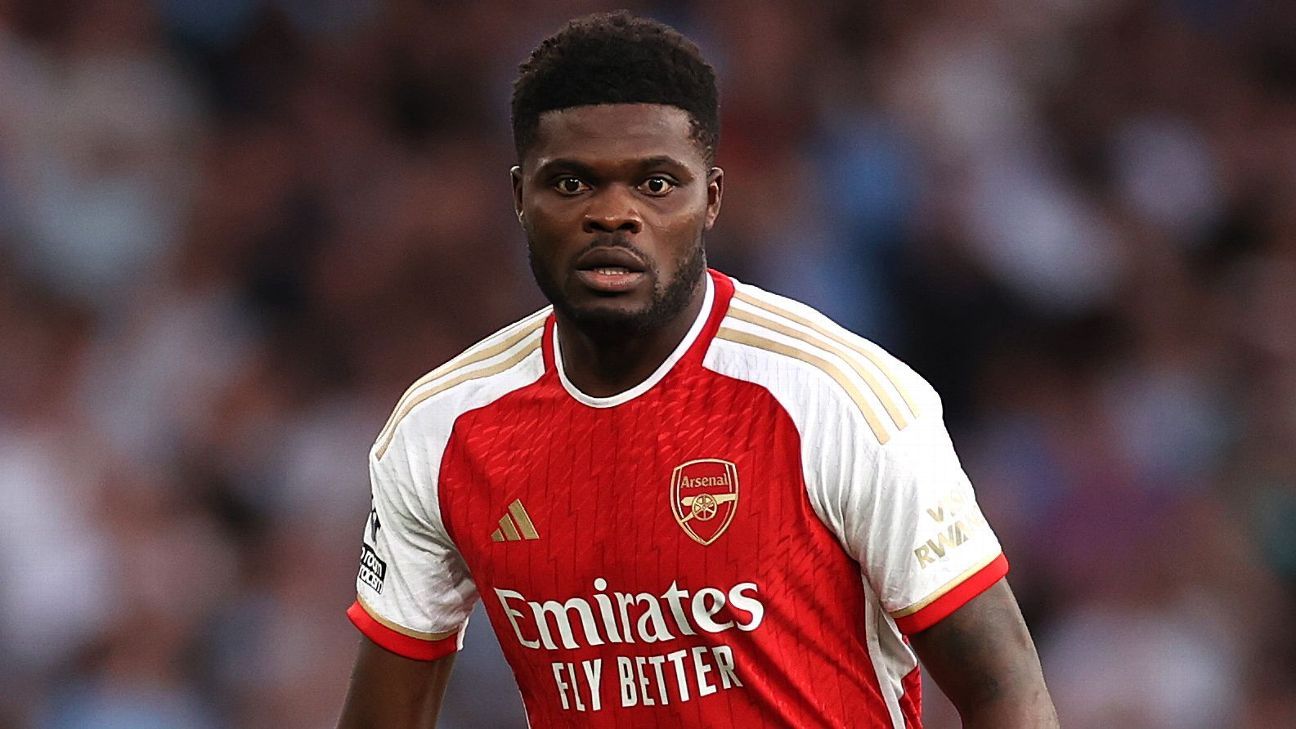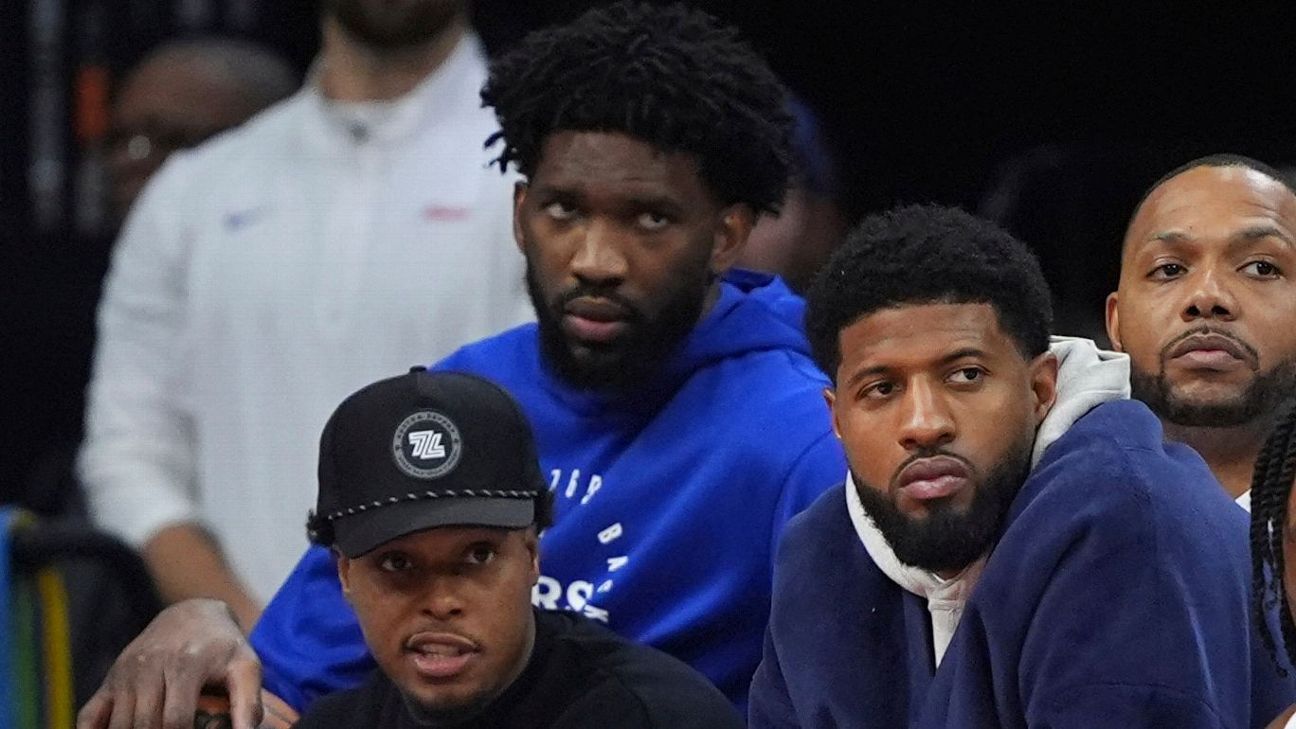
Cricket South Africa has made public its plea for the national men's and women's teams to return to action as soon as possible, as it awaits a decision from the country's sports minister Nathi Mthethwa on whether the November-December home white-ball series against England can go ahead or not.
At a four-hour long meeting with parliament's portfolio committee on sports, arts and culture, CSA representatives said the incoming England tour "is of critical importance" to the organisation's finances. "If we don't start playing cricket, this organisation will be in trouble," Dheven Dharmalingam, one of CSA's independent board members, told the committee, stressing that the income from those tours would help sustain cricket at the grassroots level. "Forty per cent of CSA's revenue goes to development."
Dharmalingam said that CSA turned a profit of Rand 50 million ($3032 million approx.) in the last financial year, thanks largely to a weak rand and cost-cutting measures. The organisation's finances work on a four-year cycle and it continued to forecast major losses (initially estimated at Rand 654 million or $39.7 between 2019 and 2022) but had hoped to mitigate that by hosting India for three T20Is in August and England for three ODIs and three T20Is later this year. The India series did not take place because of the Covid-19 situation, and has been removed from CSA's budget, suggesting it would not happen this season, so CSA's hopes for a successful summer has hinged on England's visit.
ALSO READ: Cricket South Africa to unveil aggressive transformation plans
But for that to happen, CSA need Mthethwa's sign-off. South Africa remains in lockdown, albeit at the least strict level, and international sport is now permitted against countries with low to medium Covid-19 transmission rates. The national football team has played against Namibia and Zambia, both low-risk countries, in the last week and the national rugby team is in the process of making a decision, based on fitness concerns and player welfare, about whether they would travel to Australia, also a low-risk country.
The United Kingdom has stayed on South Africa's list of high-risk countries and though travellers from such countries can apply to enter South Africa, permission can be denied, which could put the England series at risk.
Also, Mthethwa remains unhappy with CSA over both its refusal to comply with the South African Sports Confederation and Olympic Committee (SASCOC), which has instructed CSA's board and executive to step down and demanded to see the forensic report which CSA used to fire former CEO Thabang Moroe in full, and their transformation record. In a letter to CSA's acting president Beresford Williams, Mthethwa said he "shall not be dissuaded from applying what the National Sport and Recreation Act 110 of 1998 enjoins me to do", which includes no longer giving CSA recognition as a national federation. Mthethwa has not taken any action against CSA yet and the parties are scheduled to meet imminently to discuss the England tour and other issues arising out of the forensic report.
Mthethwa has seen the report, as has the parliamentary committee, but it remains unavailable to the public. A summary of the report was released last week, the bulk of which contained details of Moroe's financial misconduct. Williams was implicated, too, over a conflict and so had to recuse himself from today's parliamentary meeting, Williams was implicated, over a conflict of interest at Western Province Cricket, and so had to recuse himself from today's parliamentary meeting, and the entire board has been found to have failed to fulfil their fiduciary duty in relation to a commercial deal with Global Sports Commerce over the Mzansi Super League.
Meanwhile, Marius Schoeman, a CSA independent board director, told parliament the board should be held to account for any wrongdoing. He also conceded that it the report found that Moroe did meet the minimum requirements to become CEO. "It's a finding that I find astonishing," Schoeman said.
The parliamentary committee recommended that the minister "must be closer to the process" of dealing with CSA, something which could attract the attention of the ICC, which forbids government interference in board activities. SASCOC was mindful of such and wrote to the ICC last month to explain its own role as a legislatively created but independent oversight body, to which all South Africa's sports federations are affiliated. Schoeman confirmed that CSA recognises SASCOC as the "mother body" and said CSA would continue to engage with it, a process which has yielded no results so far.















 Phone: (800) 737. 6040
Phone: (800) 737. 6040 Fax: (800) 825 5558
Fax: (800) 825 5558 Website:
Website:  Email:
Email: 






